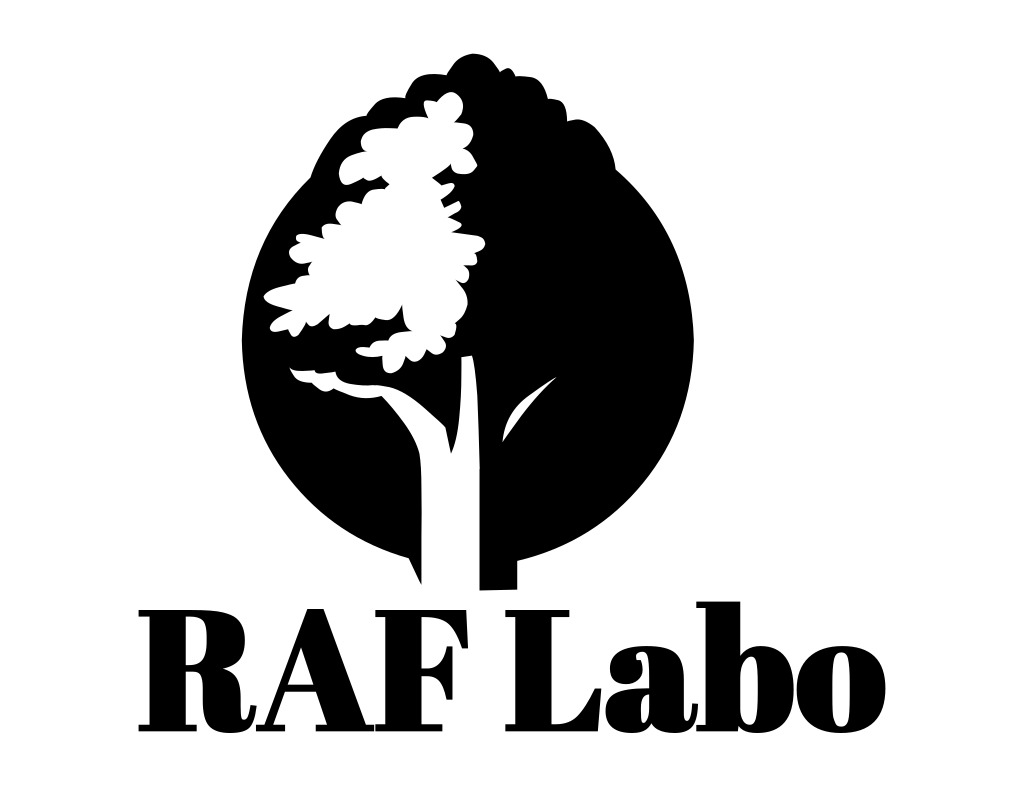Future of RAF No.4
“On the Beach” and our last days
A few weeks ago, I read an article that reported the US government’s decision to sell several nuclear submarines to Australia. This article reminded me of an old US movie titled “On the Beach.” (In Japanese, “Nagisa-nite”). The movie depicts the last days of surviving Australians and the US nuclear submarine’s clues after the devastating nuclear war that annihilated all countries in the Northern Hemisphere and left nuclear-contaminated lethal air gradually advancing southward. Amazing as a Hollywood movie, in the last scene, there appears no Superman nor super-medicine curing nuclear contamination. All the people are simply dying or killing themselves.
As it was already around 40 years ago when I saw this movie, I have only remembered the main storyline and gorgeous casting, including Gregory Peck, Anthony Perkins, and Fred Astea. However, some memories of sadness and quietness of their last living pushed me to buy the original book and read it recently.
I might be allured by its sadness as we, Japan, share the same type of feeling when our race itself is now on the course of gradual extinction, mainly owing to demographic factors. I was also interested in its quietness or a position of accepting destiny as a part of their life.
I was indeed amazed to note that in the novel, most Australians try to keep their normal life just until the end of their last days. Even when the people’s lives in Adelaide and Sydney had almost stopped, the people in Melbourne, located a little south of Sydney, tried to keep their normal lives for another few days. They do not even try to evacuate southward for a few more days of living. When they feel dull and suffer from diarrhea and constant vomiting, they just decide their point of death by taking the government-providing suicide tablets.
Japanese as a race is now dying over the decades. So, the time horizon is very different from what the Australians face in the novel, which is only a few months/weeks/days. Still, there seem to be some similarities in the attitudes toward the last days between the Australians in the novel and today’s Japanese. They unwillingly but somewhat naturally accept their destiny without any strong resistance. This attitude interestingly contrasts with the ones shown by Americans in movies like “Independence Day” or “The War of the Worlds,” where the Earth people or Americans strongly resist the alien invasion.
When I saw this movie 40 years ago, I found it hard to understand its beauty. When I reached 60, however, this novel suddenly shone because it overlaps my current world. First, faintly but gradually firmly recognizing my endpoint becoming nearer, I have no option but to accept this fact while keep working or just living as if nothing occurred to me.
I have no intention to applaud the Japanese way of facing its extinction crisis. Still, I would like to suggest you compare this with your way of preparing for being dead after the age of 60 or the Australian way of ending their life in the novel. You can surely see another way of adapting ourselves to changing external environments.

